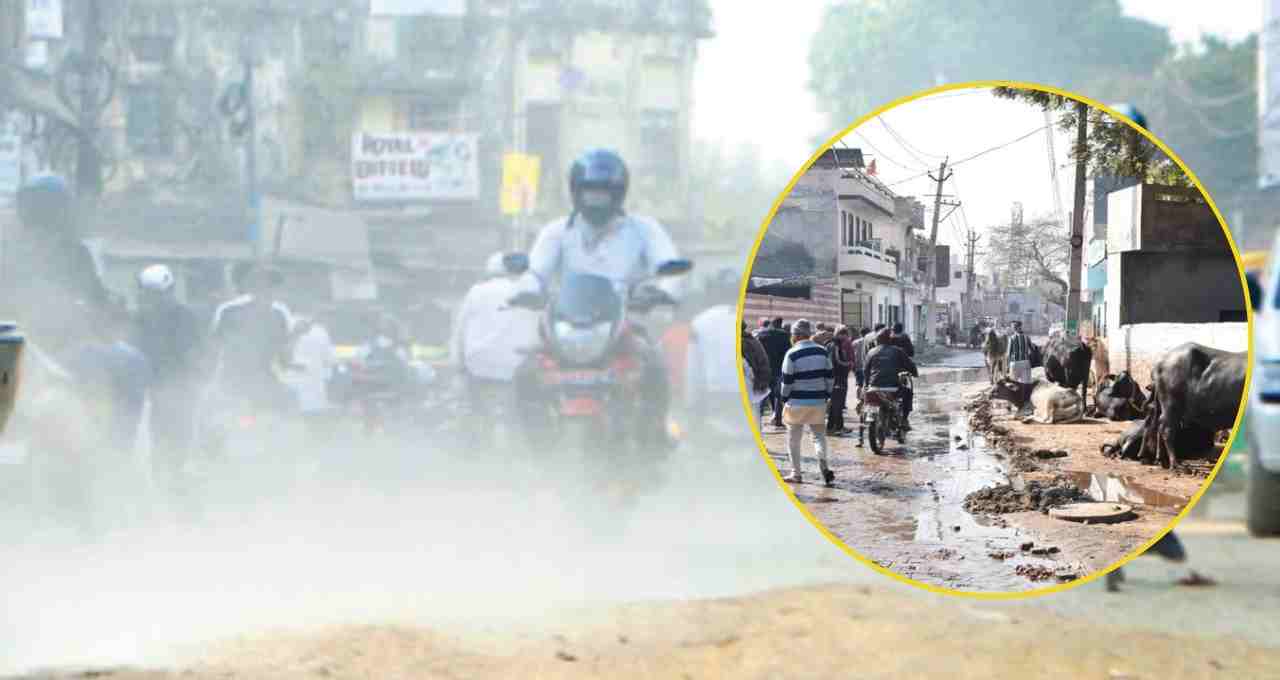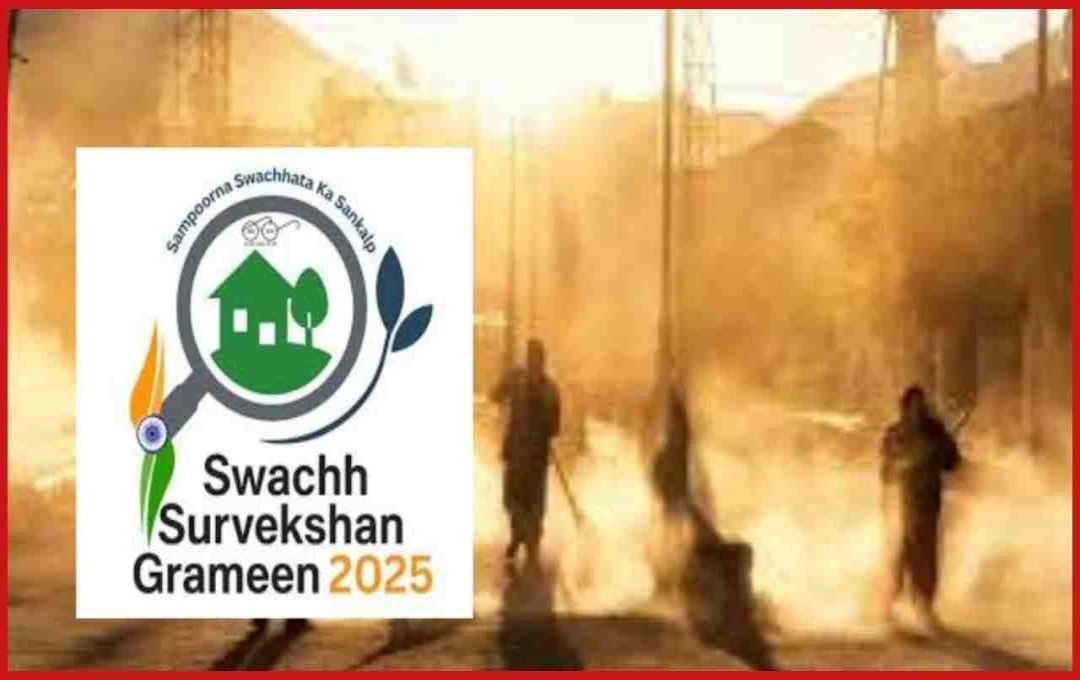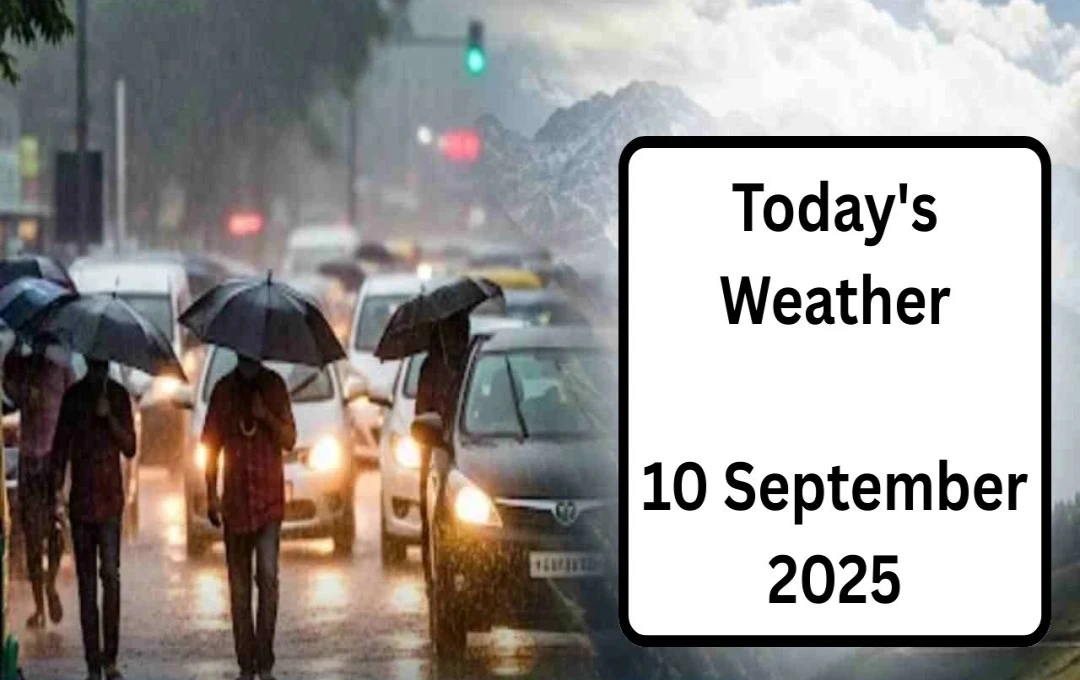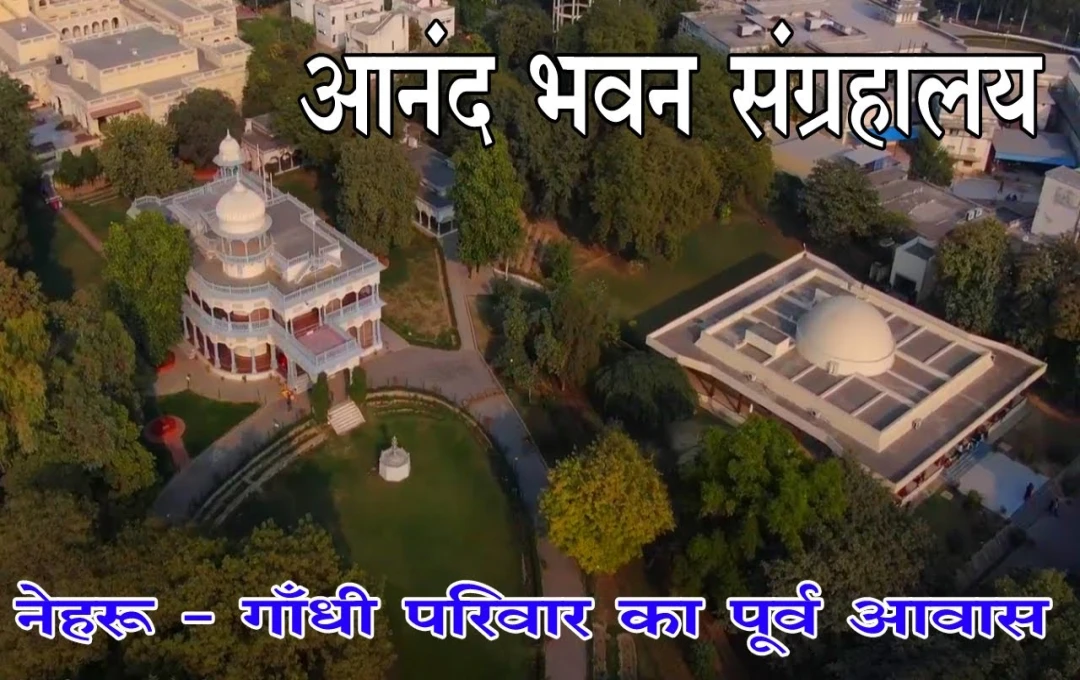Lucknow has suffered a major setback in the Clean Air Survey 2025. Lucknow, the capital of Uttar Pradesh, which was previously ranked fourth, has slipped to the 15th position this time. This decline is raising serious questions about the city's environmental health.
Lucknow: The environmental condition of Lucknow, the capital of Uttar Pradesh, has been disappointing in the Clean Air Survey–2025 this year. Among 47 cities with a population of over 10 lakh, Lucknow has slipped to the 15th position, a drop of 10 places from its fourth position last year. The city received a total of 179 points out of 200 this year, whereas last year it was at the top with 189 points. This decline reflects the city's growing pollution problem and laxity in environmental management.
Meanwhile, in the category of cities with a population of less than three lakh, Raebareli performed better, securing the 7th position. This survey is conducted by the Union Ministry of Environment, Forest and Climate Change under the National Clean Air Programme (NCAP). Cities are evaluated based on efforts to manage solid waste, control road dust, reduce vehicle emissions, and curb industrial pollution.
Lucknow's Performance and Reasons for Decline
The Clean Air Survey 2025 was organized by the Union Ministry of Environment, Forest and Climate Change under the National Clean Air Programme (NCAP). Cities are evaluated on several parameters, such as—

- Solid waste management
- Road dust control
- Prevention of vehicle emissions
- Reduction in industrial pollution
These parameters required coordinated efforts from the Lucknow Municipal Corporation, along with other concerned departments like the RTO, LDA, and Green Gas. However, environmental officials from the Municipal Corporation stated that the city's ranking was affected due to a lack of an effective action plan and coordination. Moreover, the negligence of other departments has also been a major reason for this decline.
Raebareli's Better Performance
In contrast, Raebareli has shown excellent performance in the category of cities with a population of less than three lakh. By securing the 7th position, Raebareli has demonstrated that smaller cities can also undertake effective initiatives in clean air management. This indicates that local administration, public participation, and policy implementation have a positive impact on the availability of clean air.
Against the backdrop of Lucknow's decline, its historical performance is also noteworthy. In 2022, Lucknow had secured the top position nationwide by achieving 177.7 points. At that time, the city had done excellent work in solid waste management and pollution control. However, in 2023, the city had decided to withdraw from the survey due to the accumulation of approximately 20 tonnes of legacy waste. Furthermore, in 2024, the city did not perform as per expectations.














